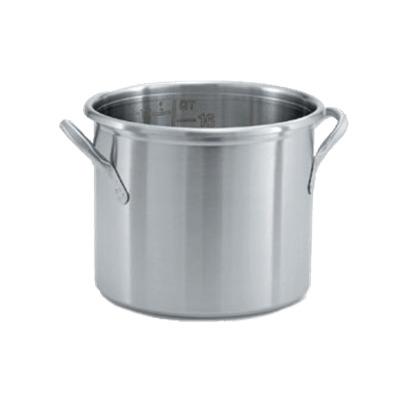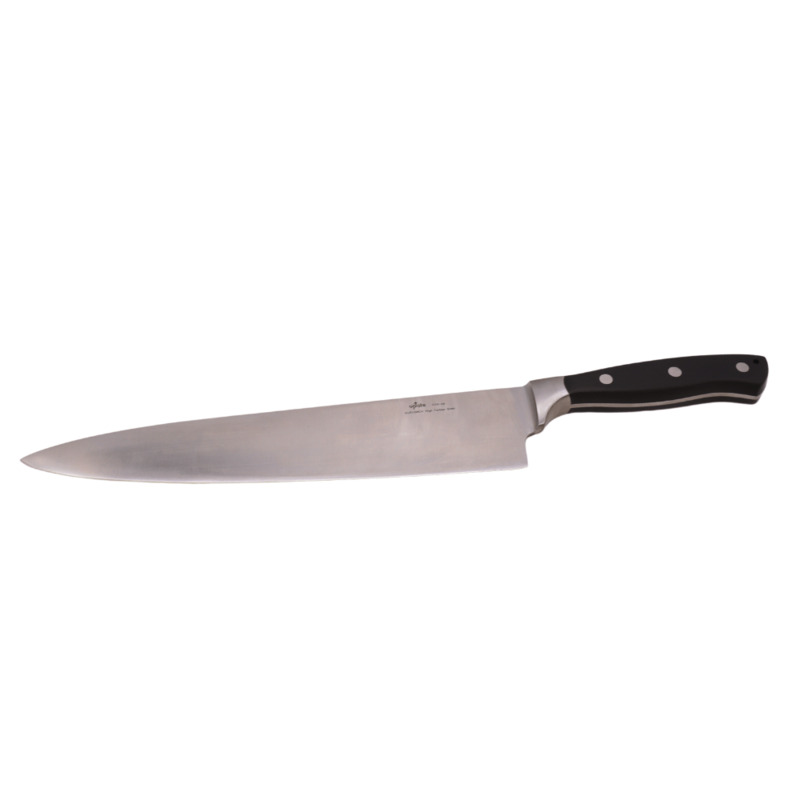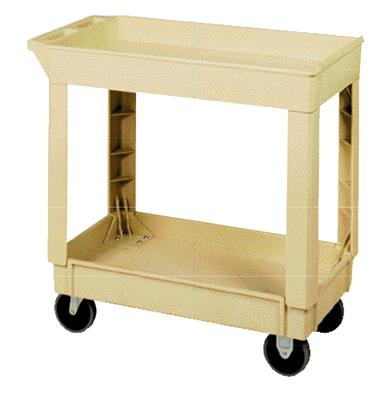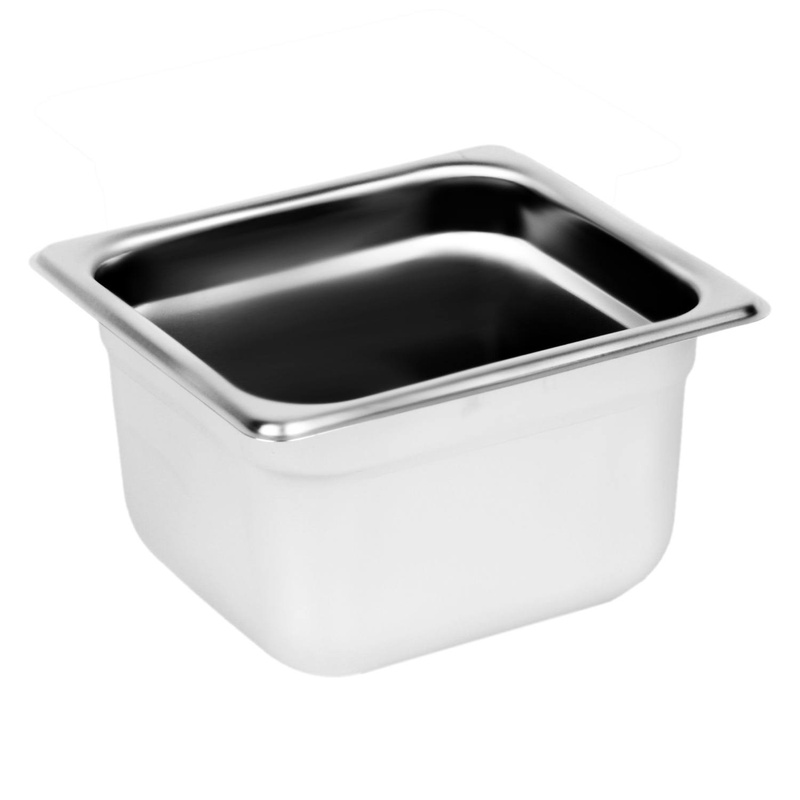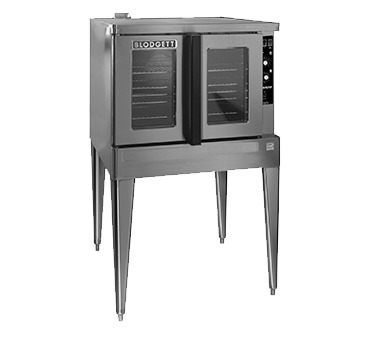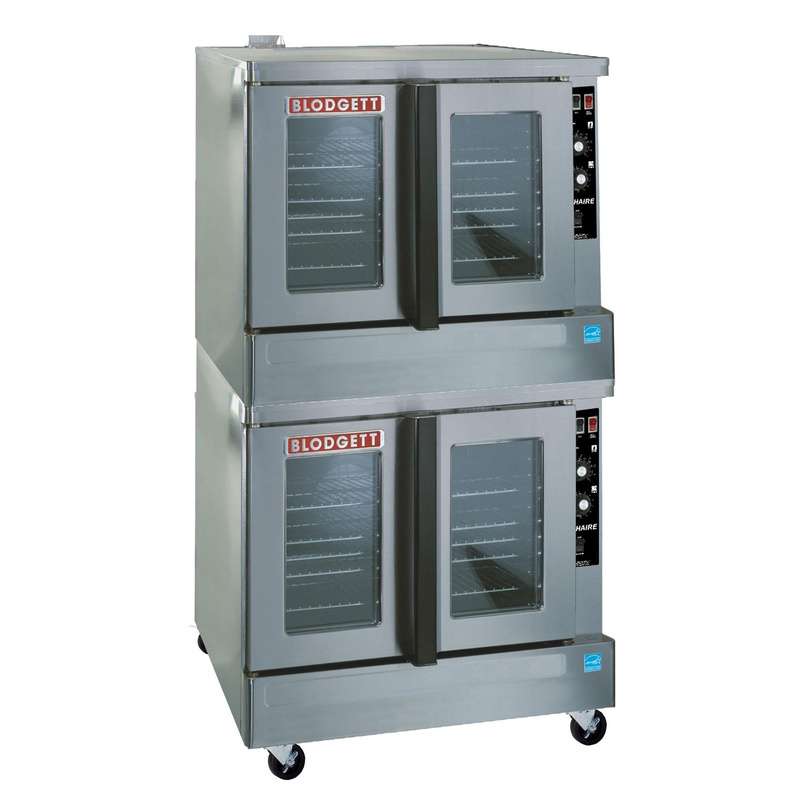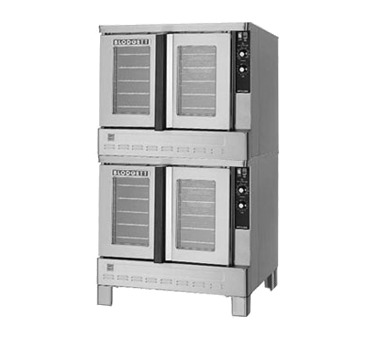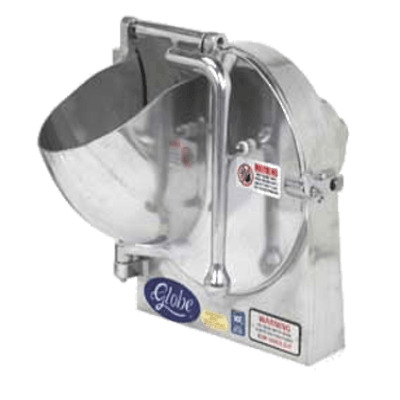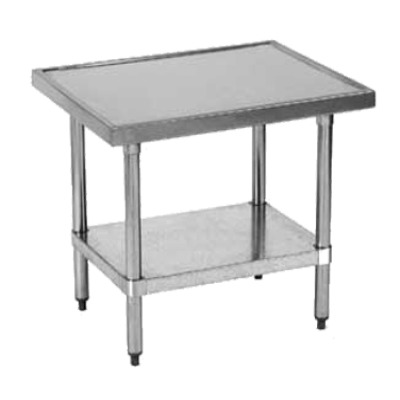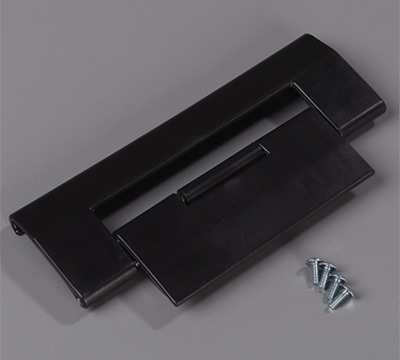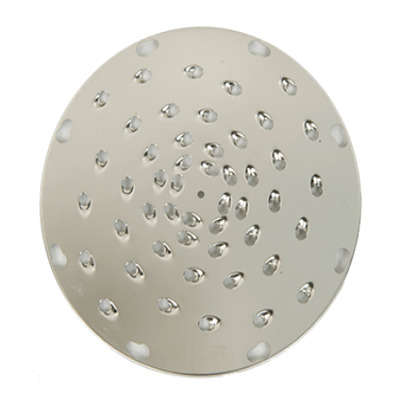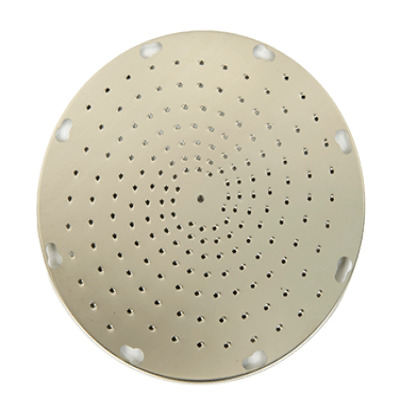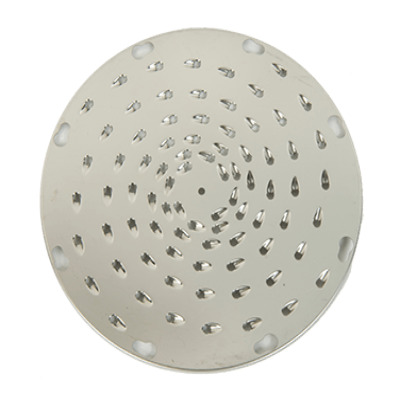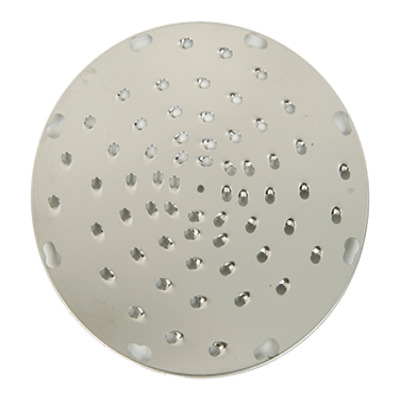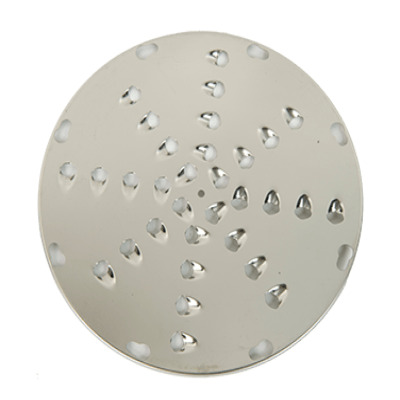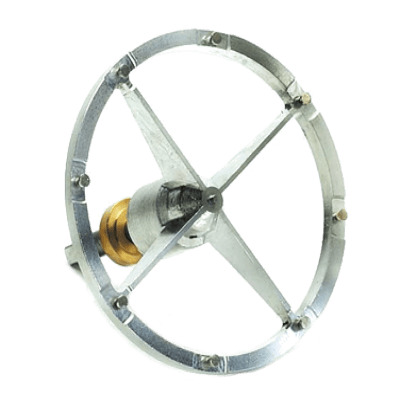In a busy commercial kitchen, the garbage disposal is a workhorse that plays a crucial role in maintaining a clean and efficient workspace. From food scraps to leftovers, it helps to keep your kitchen's plumbing system running smoothly. However, to ensure the longevity and efficiency of your commercial kitchen disposal, proper maintenance is key. In this guide, we'll walk you through essential steps to maintain your disposal effectively.
1. Regular Cleaning: Cleaning your disposal is paramount to preventing foul odors and keeping the unit running smoothly. Here's how you can do it:
• Turn off the power: Before cleaning the disposal, make sure it's turned off to avoid accidents.
• Ice and salt: Drop a handful of ice cubes and a cup of rock salt into the disposal. Turn it on and let the ice and salt work together to clean the blades and remove debris.
• Citrus freshness: Cut up citrus fruit peels (lemons, oranges, limes) into small pieces and feed them into the disposal. The natural oils will help eliminate odors while leaving a fresh scent.
• Vinegar and baking soda: Sprinkle baking soda into the disposal, followed by a cup of vinegar. Let it sit for a few minutes before rinsing with hot water. This combination helps break down grease and eliminate odors.
2. Proper Usage: Educate your kitchen staff on what should and shouldn't go down the disposal:
• Do's: Soft food scraps like fruit peels, small amounts of cooked vegetables, and non-greasy leftovers can be safely disposed of.
• Don'ts: Avoid putting hard items (bones, shells), starchy foods (rice, pasta), fibrous foods (celery, corn husks), and large quantities of grease down the disposal. These can cause blockages and damage the unit.
3. Avoid Chemical Drain Cleaners: While it might be tempting to use chemical drain cleaners to clear clogs, these harsh chemicals can damage your disposal over time. Instead, opt for natural remedies like the vinegar and baking soda mixture mentioned earlier.
4. Regular Inspections: Frequently inspect your disposal for signs of wear and tear. Look out for leaks, unusual noises, or slow draining. If you notice any issues, address them promptly to prevent more significant problems.
5. Professional Maintenance: Even with proper care, commercial kitchen disposals can experience wear and tear due to heavy usage. Schedule regular maintenance with a professional technician who specializes in commercial kitchen equipment. They can identify and fix any underlying issues, ensuring your disposal continues to function at its best.
6. Prevent Grease Buildup: Grease is a major enemy of any plumbing system, including your disposal. Implement these measures to prevent grease buildup:
• Install grease traps: These devices capture grease before it reaches your plumbing, reducing the risk of clogs and foul odors.
• Scrape plates: Before rinsing dishes, scrape excess grease into the trash to minimize the amount that goes down the disposal.
Maintaining your commercial kitchen disposal requires a combination of regular cleaning, proper usage, and professional attention. By implementing these steps, you'll not only prolong the life of your disposal but also contribute to the overall efficiency and cleanliness of your kitchen. Remember, a well-maintained disposal is an investment in the smooth operation of your commercial kitchen.

